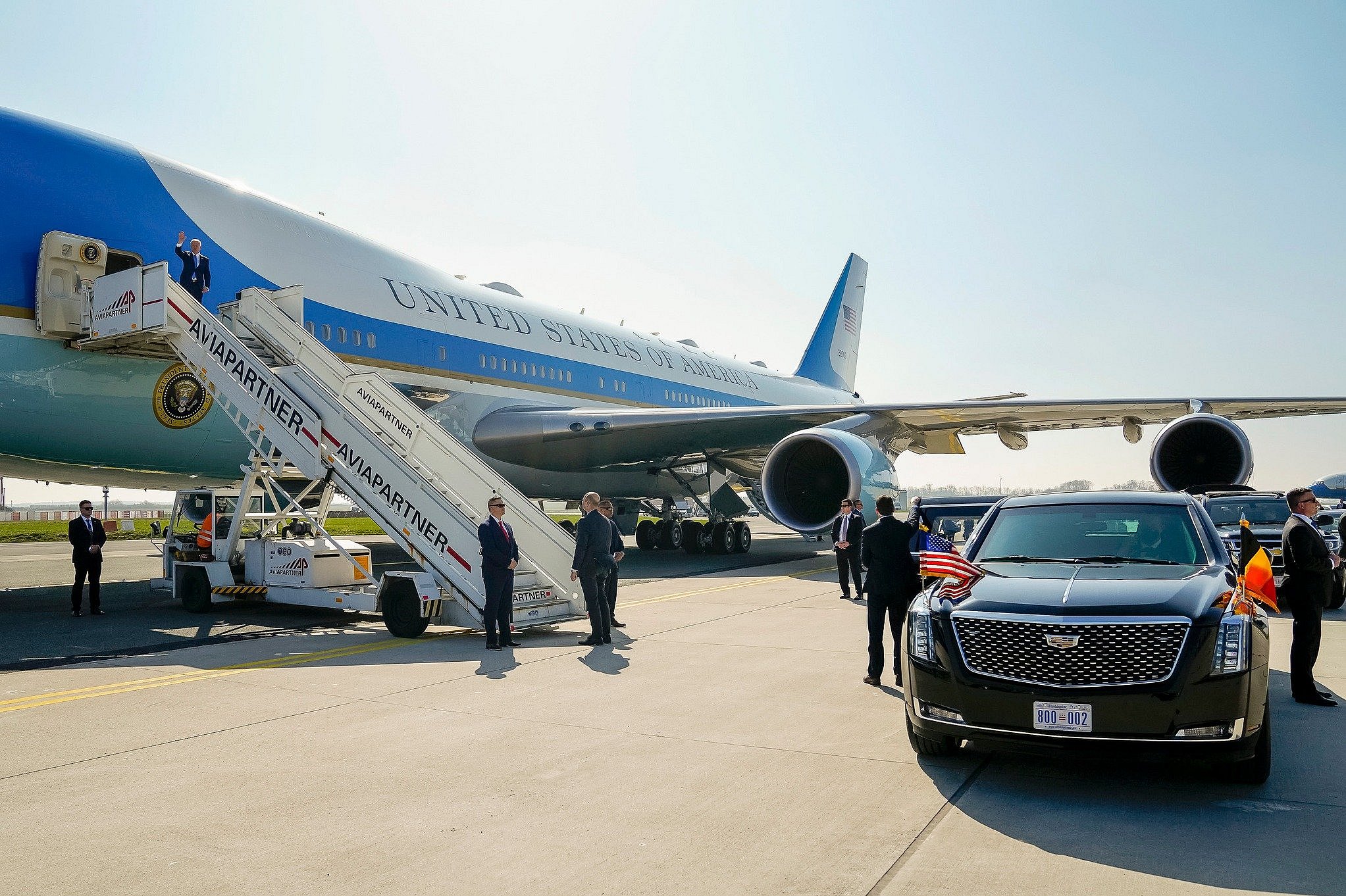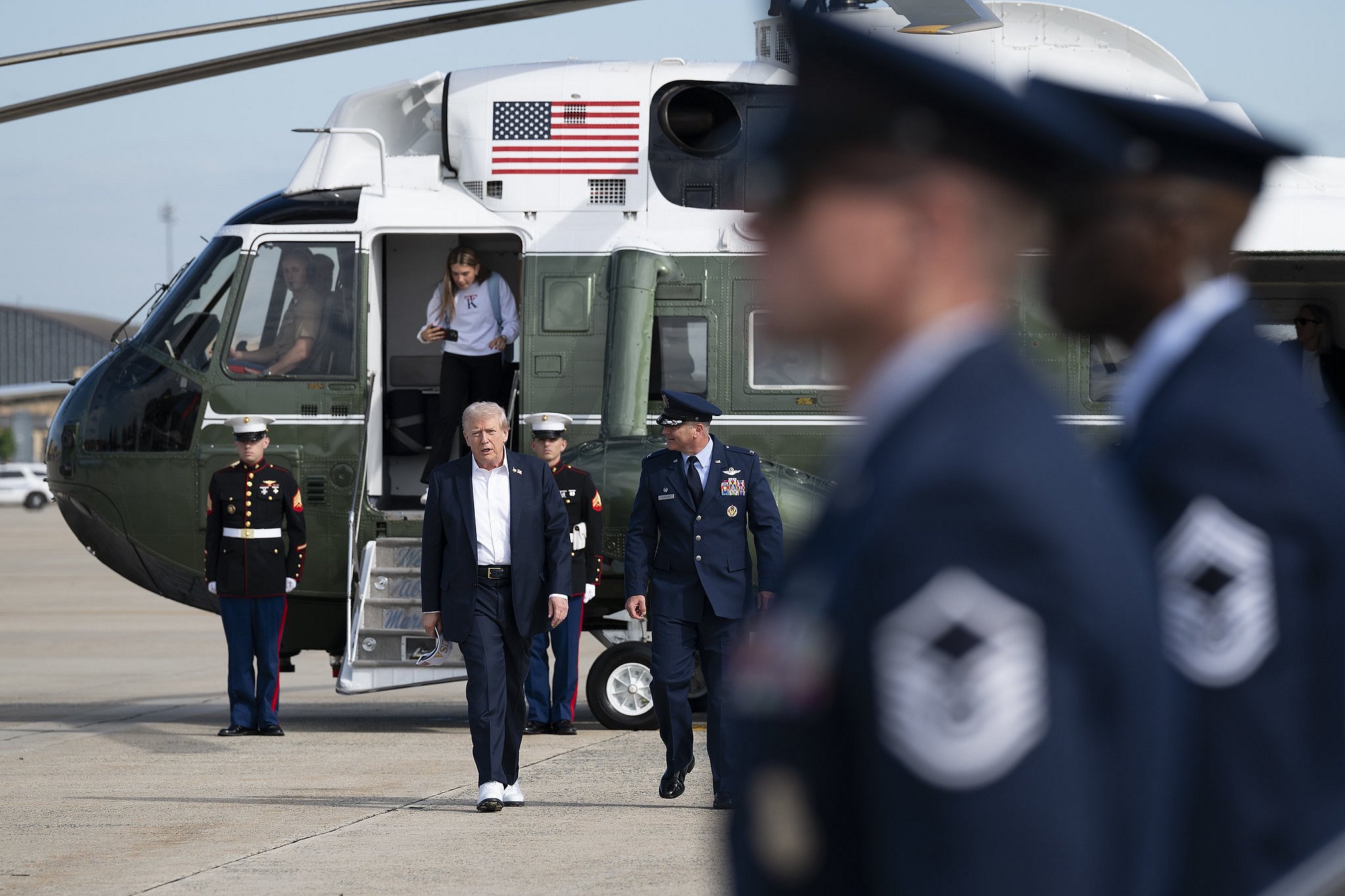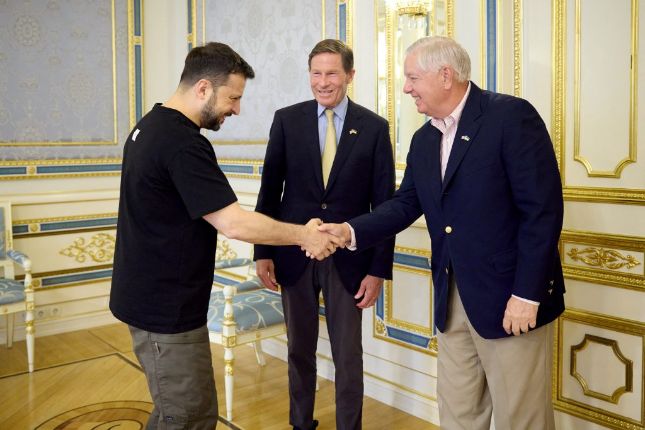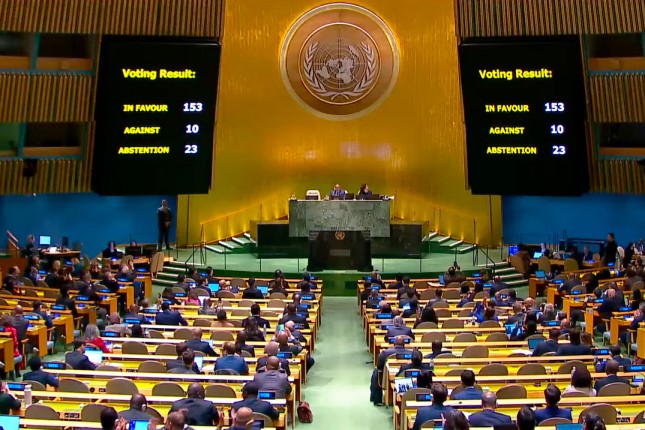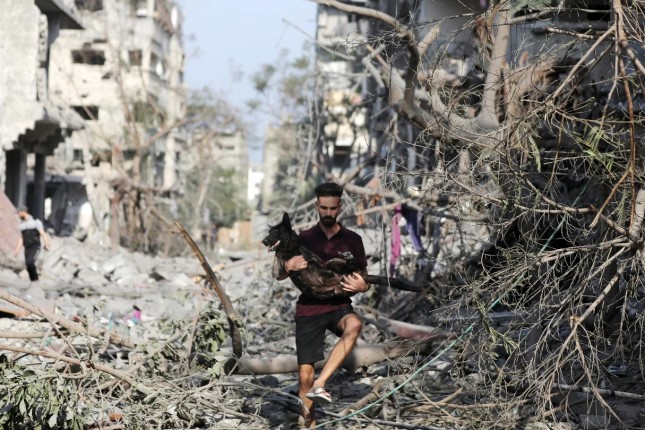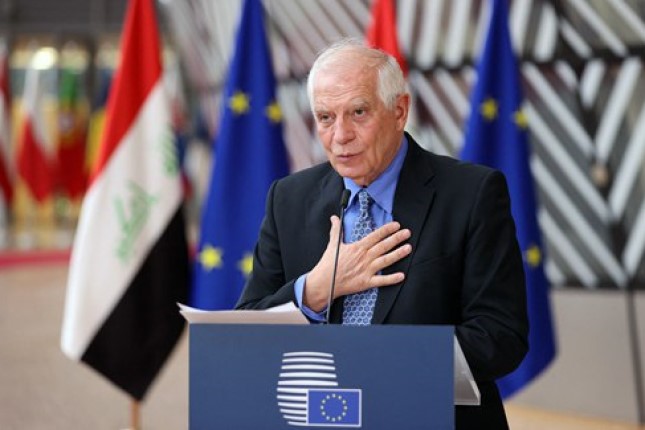In the early morning hours of September 10, 2025, Western air defenses spotted a fleet of Russian drones that had entered Poland’s airspace. Shortly thereafter, NATO fighter planes intercepted the intruders, shooting down 16 of them. NATO’s military forces also elevated their alert status.
Questions immediately arose about whether this episode was a deliberate provocation on Russia’s part, or simply a case in which Moscow’s contingent of unmanned drones heading for targets in Ukraine flew off course. Not surprisingly, high-level officials in both Warsaw and Kyiv, including Polish Foreign Minister Radoslaw Sikorski, insisted that the airspace violation was intentional, despite the lack of definitive evidence. The Washington Post’s editorial board embraced a somewhat different argument, concluding that it really didn’t matter if the incursion was deliberate or not; in either case, the members believed that the situation amounted to a test of NATO’s air defenses and, more important, the Alliance’s “resolve.”
Hawks in many NATO countries also exploited the incident to argue that the Alliance needed to accelerate the pace of its ongoing military buildup and to boost its security solidarity with Ukraine. In other words, such advocates seek to escalate NATO’s existing proxy war that uses Kyiv as a tool to weaken Russia. The contemplated escalation would take the form of increasing the Alliance’s direct military involvement – even though that step would risk the outbreak of combat between Russian and NATO units. NATO leaders have now used the drone incident to adopt a new confrontational mission, dubbed Eastern Sentry.
Such a move would intensify NATO’s already alarming confrontation with Moscow. Ironically, a reasonably dispassionate assessment of the circumstances surrounding the drone episode would suggest that it was more likely an inadvertent intrusion than a hostile probe. At the same time that Alliance defenders were knocking the Russian drones out of Poland’s skies, Russian ally Belarus announced that it was taking similar action against such drones that had penetrated its airspace.
The nature of Minsk’s response indicated that a Russian drone fleet launched against Ukraine had been disrupted by Ukrainian or NATO electronic warfare measures, causing it to deviate onto a new course over Poland. It would be ironic if the Western powers had brought this problem on themselves through their own electronic warfare actions, but the overall circumstances suggest that that it is the most likely explanation.
In any case, it is unwarranted and unwise to jump to the conclusion that the episode was a deliberate Russian provocation. Moscow has little incentive to want the current war to spread beyond Ukraine. The Kremlin’s forces are slowly, but systematically winning that meat grinder conflict. Kyiv and some of the more rabid, Russophobic NATO members in Central and Eastern Europe, on the other hand, have already exhibited a willingness, perhaps even an outright desire, to see both the intensity and the geographic scope of the existing conflict grow.
Volodymr Zelensky’s government attempted to exploit a case in mid-November 2022 when a Russian missile supposedly landed near a small village in Poland, killing two farmers. The subsequent investigation by Western analysts determined that the wreckage was that of a Ukrainian air defense missile that had been trying to intercept a Russian missile in Ukraine’s nearby airspace. Kyiv’s motive for the attempted deception was quite clear to all concerned. Zelensky and his associates wanted to draw NATO, especially the United States, into the war against Russia, no matter what method was needed to lure the Western allies into doing so.
Even staunchly pro-Ukraine U.S. and European officials did not react favorably to Zelensky’s attempted ploy. Instead, they rebuked the Ukrainian president and his government for such cynical deceit. Even President Joe Biden soon disputed Zelensky’s account.
It is an episode that we should never forget. There are policymakers in Kyiv – and in Poland, the three Baltic republics, and other Russia-hating East European governments – who seem quite willing to force NATO to wage a full-scale war that they believe would eradicate Moscow’s power and influence throughout the region, and perhaps even globally. They are dangerously irresponsible elements, and Americans must stay vigilant to make certain that their schemes do not succeed.
The United States already is entangled to a dangerous degree in NATO’s proxy war against Russia. President Donald Trump foolishly passed up the opportunity during the initial months of his new term to extricate Washington from the ongoing military morass. Instead, he has largely perpetuated the substance of Biden’s masochistic Ukraine policy.
Trump’s initial reaction to Russia’s intrusion into Poland’s airspace was not encouraging either. “Here we go” was his response when he heard the news – as though we are fated, despite our best efforts, to be dragged into the next stage of a deadly military confrontation between NATO and Russia. Indeed, he promised to strengthen Washington’s military posture – especially the extent of its air forces – in Poland, the location of the latest flashpoint.
Such moves are playing directly into the hands of the most reckless, hawkish elements throughout NATO. Much greater caution by the administration is imperative. Trump and other U.S. officials should not automatically accept the hawkish propaganda that the air intrusion episode was a deliberate Russian provocation. Even more important, they must not allow America to become trapped in a potentially catastrophic conflict against Moscow to satisfy the paranoid geopolitical perspectives of Russia’s longstanding enemies in Central and Eastern Europe.
America’s founders wisely admonished their fellow citizens to make certain that the republic avoided “entangling alliances” with foreign countries that have their own agendas. This latest situation shows why.
Source: AntiWar.com.
